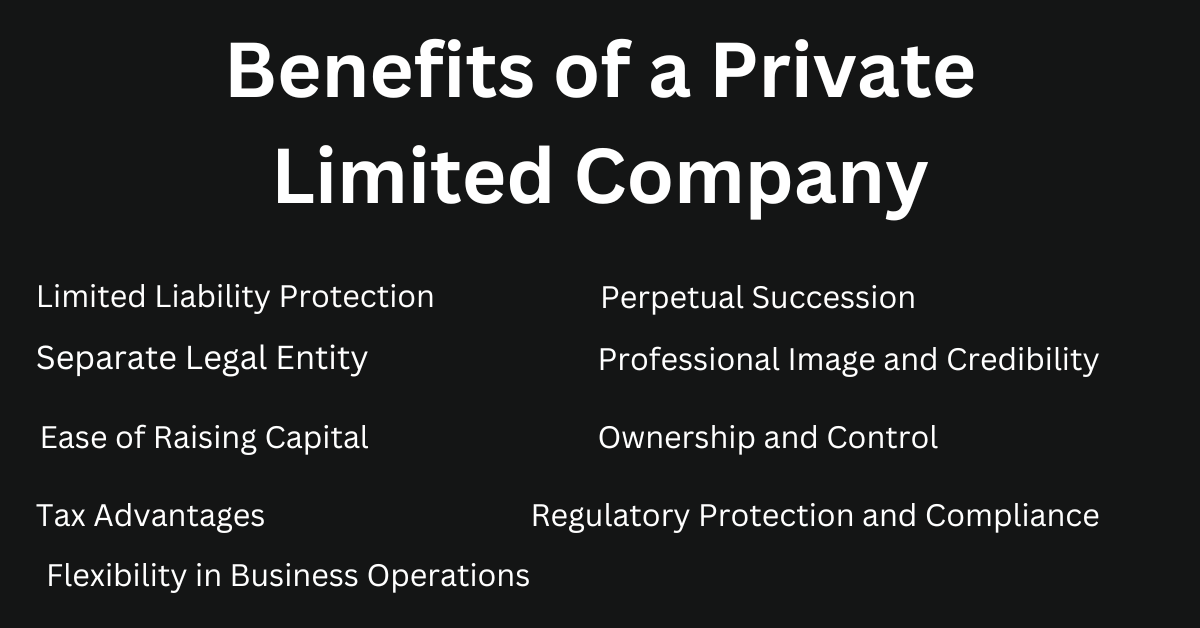Business Grants: A Comprehensive Guide

In today’s competitive economy, securing funding is a vital step for many businesses, particularly startups and small companies. Business grants provide an essential source of financial support for these businesses, often allowing them to innovate, grow, and remain competitive without taking on debt. Unlike loans, grants don’t need to be repaid, making them an attractive option for entrepreneurs looking for ways to finance their businesses.
1. What Are Business Grants?
Business grants are funds provided by government entities, nonprofit organizations, or private institutions to help businesses develop and grow. The key difference between grants and loans is that grants are typically non-repayable, meaning businesses that receive grants do not have to return the money, provided they adhere to the conditions attached to the grant.
Grants can be highly competitive, with numerous businesses vying for the same funding. They often come with specific eligibility criteria, such as industry focus, size of the business, or geographical location. While business grants can cover a wide range of needs, they are typically targeted toward areas like research and development, innovation, training, or business expansion.
2. Types of Business Grants
There are several different types of business grants available, depending on the source and purpose of the funding. Common types mentioned as below:
Government Grants
Government grants are one of the most well-known sources of funding for businesses. These grants are typically offered by national, regional, or local governments and are designed to encourage business growth in specific areas, such as technology, agriculture, or green energy.
- Federal Government Grants: These grants are typically for larger projects or industries of national interest, such as clean energy initiatives, innovation in technology, or workforce development.
- State and Local Government Grants: These grants are often designed to stimulate local economies or encourage businesses to operate in particular regions. Many states offer grants specifically for small businesses or startups, encouraging job creation and economic development.
Research and Development (R&D) Grants
R&D grants are specifically aimed at businesses focused on innovation, science, and technology. Governments, research institutions, and private foundations offer these grants to foster advancements in areas like healthcare, renewable energy, and technology development.
- Innovative Technology Grants: These grants are available for businesses involved in groundbreaking technological developments, especially those that have the potential to disrupt industries or improve public welfare.
- Scientific Research Grants: Often awarded to companies that focus on scientific discovery or the commercialization of new technologies, these grants aim to drive scientific progress.
Nonprofit and Private Sector Grants
Nonprofit organizations and private companies also offer grants to businesses. These grants are usually offered to companies that align with the organization’s mission, such as improving the environment, supporting underserved communities, or advancing certain industries.
- Industry-Specific Grants: Some grants are designed for specific sectors like manufacturing, education, or healthcare. These grants encourage businesses to innovate and develop within these fields.
- Corporate Philanthropy Grants: Large corporations may offer grants to small businesses and startups as part of their corporate social responsibility programs, often targeting initiatives that support environmental sustainability or social causes.
3. Who Qualifies for Business Grants?
The eligibility for business grants varies widely depending on the type of grant and the organization offering it. However, most grants are intended for specific types of businesses, industries, or activities. The following factors often play a role in determining whether a business qualifies for a grant:
- Industry: Many grants are targeted toward businesses in particular sectors, such as technology, healthcare, agriculture, or renewable energy.
- Business Size: Some grants are specifically for small businesses, startups, or micro-enterprises, while others may be targeted at medium to large companies.
- Geographical Location: Grants may be limited to businesses in certain cities, states, or regions, particularly when offered by local or regional governments.
- Purpose of Funding: Grants may be designed for specific purposes, such as research and development, environmental sustainability, or employee training. The intended use of the funds is often a critical factor in determining eligibility.
- Demographics: In some cases, grants are available for businesses owned by specific demographics, such as women, minorities, veterans, or individuals with disabilities.
4. How to Find Business Grants
Finding the right business grant can be a time-consuming process, as there are many different programs offered by various entities. However, there are several resources and strategies that can help businesses identify relevant grants:
- Government Websites: In many countries, government portals provide a comprehensive list of grants available at the federal, state, and local levels.
- Industry Associations: Many industry-specific associations and trade groups provide information on grants available within their sector. Joining these organizations or subscribing to their newsletters can help businesses stay informed about grant opportunities.
- Grant Databases: Several online platforms aggregate grant opportunities from various sources, making it easier to search for grants by industry, location, or business type.
- Networking: Attending business conferences, industry events, and networking with other entrepreneurs can help uncover grant opportunities that may not be widely advertised.
5. How to Apply for Business Grants
Applying for a business grant is a detailed and often competitive process. While each grant program may have specific application requirements, most grant applications follow a similar structure. There are the typical steps involved in the process of applying for a grant:
- Research Eligibility Requirements: Before applying, businesses should thoroughly review the grant’s eligibility criteria to ensure they qualify. Applying for grants that your business is not eligible for wastes time and reduces your chances of success.
- Prepare a Strong Proposal: Most grant applications require a detailed proposal outlining how the funds will be used. This proposal should clearly explain the business’s mission, the specific project or initiative that requires funding, and how the grant will benefit the business and community.
- Gather Supporting Documentation: Grant applications typically require supporting documents, such as financial statements, business plans, resumes of key personnel, and legal documentation. These documents demonstrate the business’s credibility and capacity to execute the proposed project.
- Submit the Application: Grant applications are often submitted through online portals, but some may require mailing hard copies. It’s crucial to follow the application guidelines carefully and submit all required documents before the deadline.
- Follow Up: After submitting the application, businesses should track the status of their application and be prepared to provide additional information if requested.
6. Benefits of Business Grants
Business grants offer several advantages that make them an appealing option for companies seeking funding:
- Non-Repayable Funds: Unlike loans, grants do not need to be repaid, providing a financial boost without adding to the company’s debt.
- Encourages Growth and Innovation: Grants often support projects or initiatives that encourage business growth, innovation, and job creation.
- Increased Credibility: Securing a grant can enhance a business’s credibility, making it easier to secure future funding or partnerships.
- No Equity Dilution: Business owners do not need to give up equity or control of their business when accepting grant money, unlike with some investors or venture capital funding.
Conclusion
Business grants provide an invaluable source of funding for companies, offering financial support without the need for repayment. While securing a grant can be competitive and time-consuming, the benefits—such as encouraging innovation, growth, and job creation—can have a significant impact on a business’s success. By understanding the types of grants available, identifying the right opportunities, and approaching the application process strategically, businesses can unlock valuable funding to support their long-term goals.





